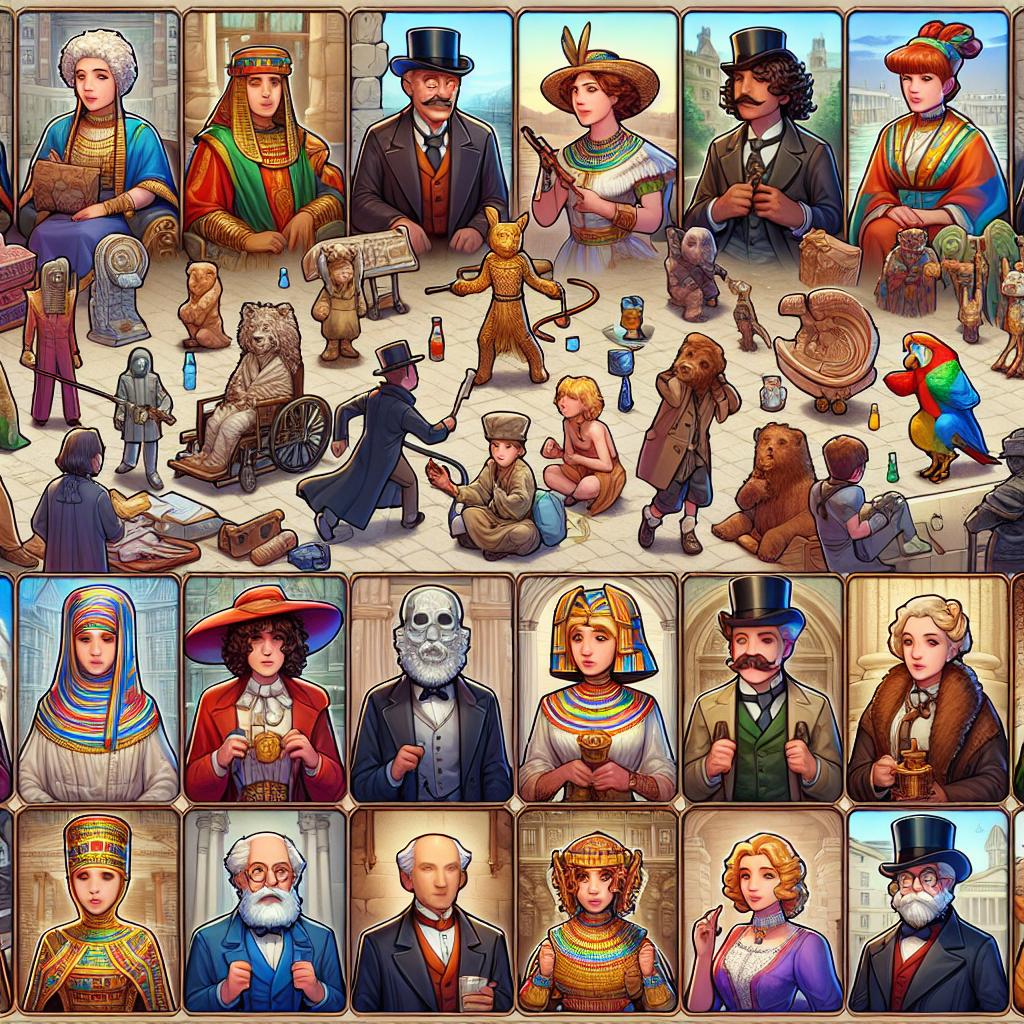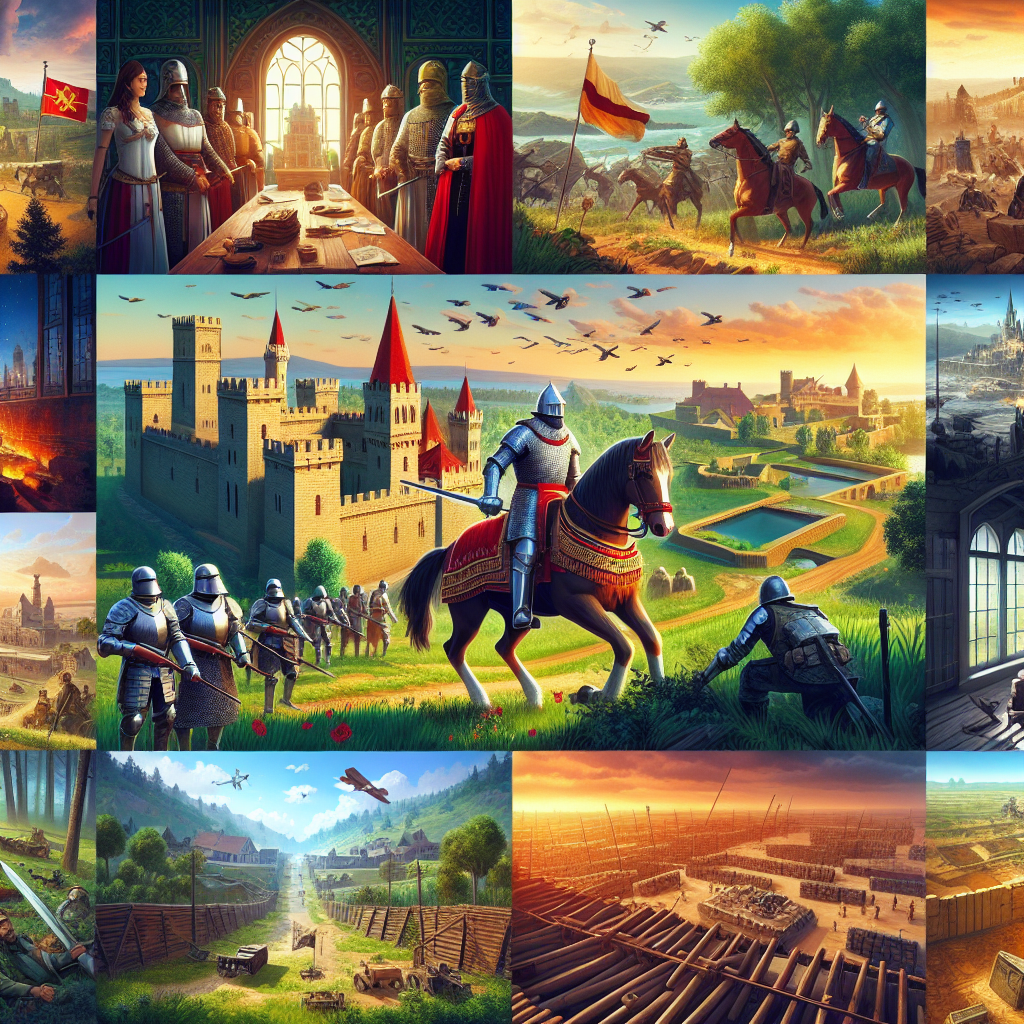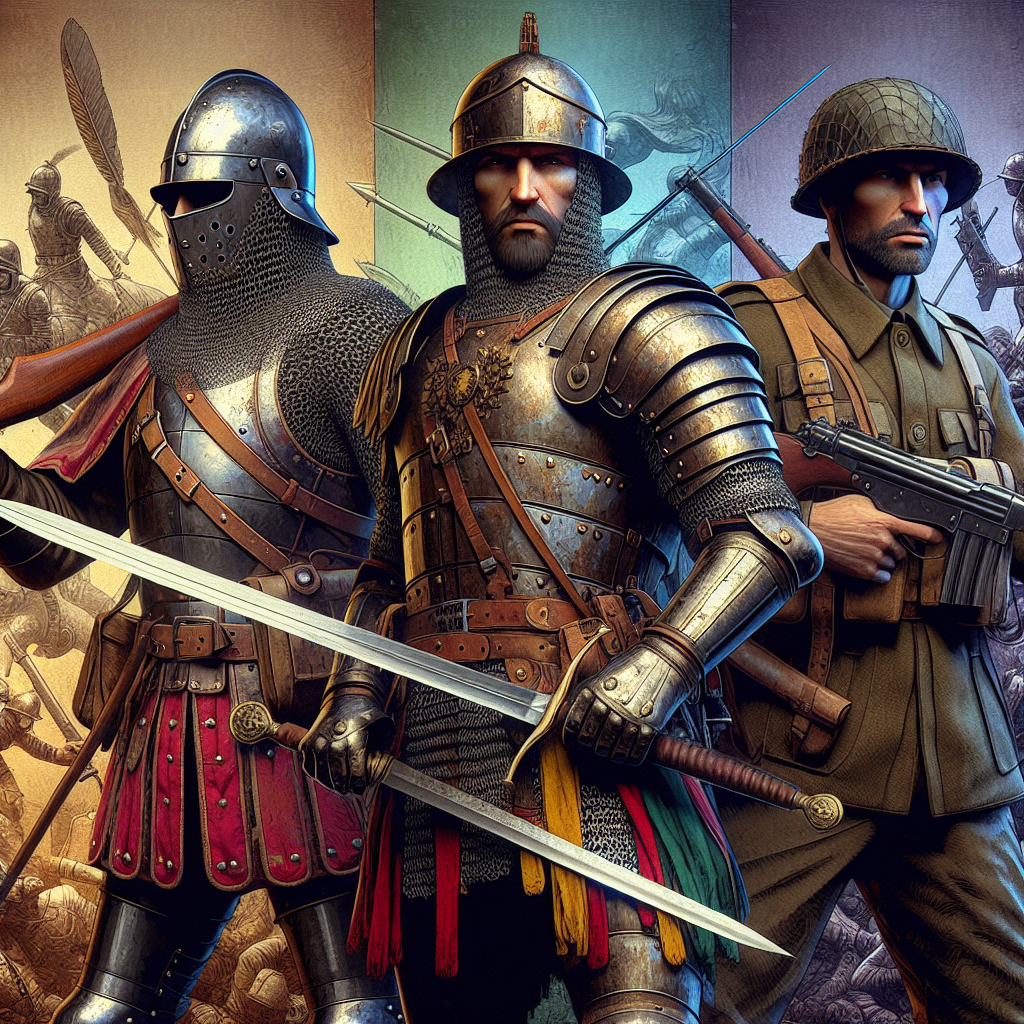Gamifying historical events can be a powerful tool in education and entertainment. By turning significant moments from the past into interactive experiences, we can engage a wider audience and enhance learning outcomes. This article delves into the effectiveness of gamifying historical events and the strategies that can make it successful.
The Benefits of Gamifying Historical Events
Gamifying historical events presents several advantages. First, it transforms passive learning into an engaging activity. Players become active participants, making decisions that influence the course of events. This interaction can lead to a deeper understanding of history as players explore different perspectives and outcomes.
Moreover, gamifying historical events can make complex subjects more accessible. Games often simplify intricate narratives, allowing players to grasp key themes without feeling overwhelmed. This approach can help in retaining information, as players are likely to remember experiences associated with gameplay.
Strategies for Effective Gamification
To effectively gamify historical events, creators should focus on several key strategies. Firstly, authenticity is crucial. While creative liberties can enhance gameplay, it’s essential to maintain the core facts of history. This balance encourages players to learn while enjoying the game.
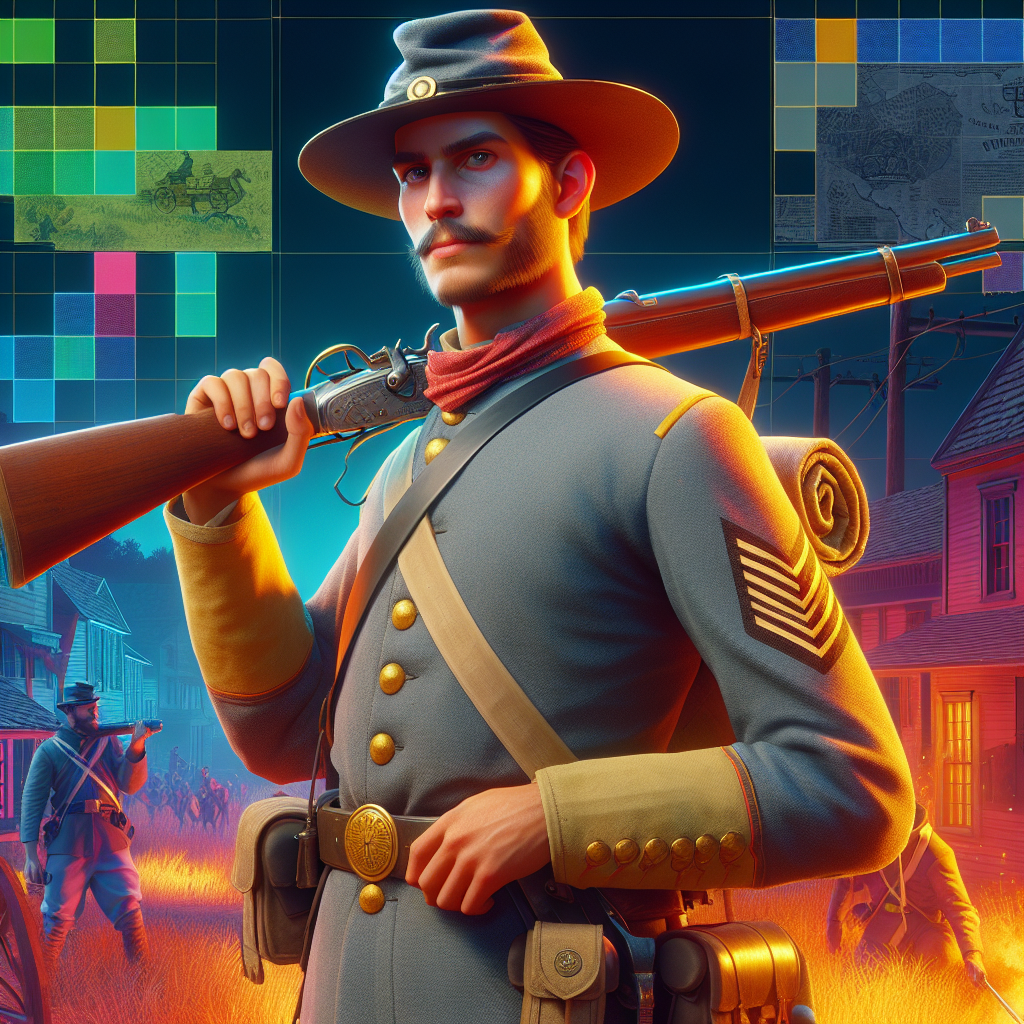
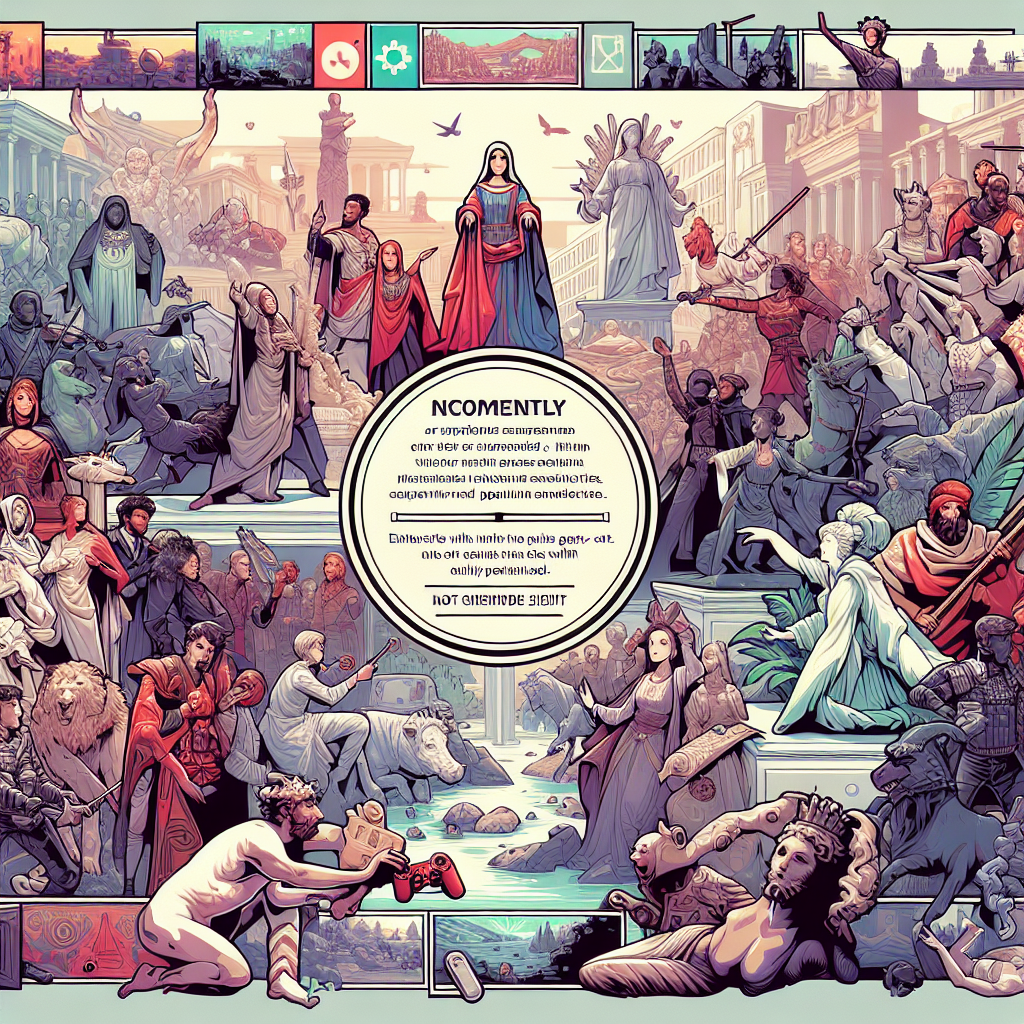
Secondly, incorporating elements of competition can increase engagement. Leaderboards, challenges, and rewards motivate players to immerse themselves further in the historical context. Additionally, multiplayer options can foster collaboration, allowing players to work together to solve historical dilemmas.
Finally, providing feedback is vital. Players should receive insights into their decisions, learning how their actions impact the historical narrative. This feedback loop reinforces the educational aspect of gamifying historical events.
Examples of Successful Gamification
Several successful examples demonstrate the potential of gamifying historical events. One notable instance is the game “Assassin’s Creed” series, which immerses players in various historical settings. Players navigate through significant events while completing missions that reflect real historical challenges.
Another example is “Civilization,” a strategy game where players guide their civilization through different historical periods. This game encourages players to understand the implications of their choices, fostering a deeper appreciation for history.
In conclusion, gamifying historical events can be an effective method for engaging audiences and enriching educational experiences. By focusing on authenticity, competition, and feedback, creators can develop compelling games that illuminate the past while entertaining players. As we continue to explore innovative ways to present history, gamification stands out as a promising avenue worth pursuing.
Some content and/or images on this page were created using AI.

